Nasser El Sonbaty
Nasser “The Professor” El Sonbaty was an IFBB professional bodybuilder who lived in Costa Mesa, California. He is remembered today as one of the biggest and most symmetrical professional bodybuilders of all time.
Over his 16 year professional bodybuilding career, Nasser placed no lower then third in 50% of his 66 shows. He also won six professional contests and placed in the Mr Olympia top 5 six times – finishing his career with a win at the 1999 Arnold Classic.
While he was an accomplished bodybuilder, Nasser was also a highly educated man, speaking 7 languages fluently. He believed that the bodybuilding professional shows were often corrupt and fixed, but he still loved the sport until his final days in 2013. This is Nasser’s story:
Athlete Statistics
| Weight | 295 - 310lbs (133.8kg - 140.6kg) |
| Height | 5'11" (180cm) |
| Date of Birth | October 15, 1965 |
| Date of Death | March 20, 2013 |
| Age at Death | 47 |
| Nationality | German Serbian and Egyptian |
| Profession | IFBB Professional Bodybuilder |
| Alias | The Professor |
| Era | 1990, 2000 |
Accomplishments
Career
- Graduated from a degree in History, Political Science and Sociology
- Successful Commercial Property Investor
Competitions
- 1990 IFBB Grand Prix Finland,8th
- 1993 IFBB Grand Prix France,3rd
- 1993 IFBB Grand Prix Germany, 3rd
- 1994 IFBB Mr. Olympia, 6th
- 1994 IFBB Night of Champions, 2nd
- 1995 IFBB Grand Prix France,3rd
- 1995 IFBB Grand Prix Germany, 3rd
- 1995 IFBB Grand Prix Russia, 3rd
- 1995 IFBB Grand Prix Spain, 3rd
- 1995 IFBB Grand Prix Ukraine, 2nd
- 1995 IFBB Houston Pro Invitational, 1st
- 1995 IFBB Night of Champions, 1st
- 1995 IFBB Mr. Olympia, 3rd
- 1995 IFBB Grand Prix England, 4th
- 1996 IFBB Grand Prix Czech Republic, 1st
- 1996 IFBB Grand Prix England, 2nd
- 1996 IFBB Grand Prix Germany, 2nd
- 1996 IFBB Grand Prix Russia, 1st
- 1996 IFBB Grand Prix Spain, 3rd
- 1996 IFBB Grand Prix Switzerland, 1st
- 1996 IFBB Mr. Olympia, Disqualified
- 1997 IFBB Arnold Classic, 2nd
- 1997 IFBB Grand Prix Czech Republic, 3rd
- 1997 IFBB Grand Prix England, 3rd
- 1997 IFBB Grand Prix Finland, 4th
- 1997 IFBB Grand Prix Germany,2nd
- 1997 IFBB Grand Prix Hungary, 2nd
- 1997 IFBB Grand Prix Russia, 3rd
- 1997 IFBB Grand Prix Spain, 2nd
- 1997 IFBB Mr. Olympia, 2nd
- 1997 IFBB San Jose Pro Invitational, 2nd
- 1998 IFBB Grand Prix Germany, 3rd
- 1998 IFBB Mr. Olympia, 3rd
- 1998 IFBB Arnold Classic, 2nd
- 1999 IFBB Grand Prix England, 6th
- 1999 IFBB Joe Weiders Pro World, 6th
- 1999 IFBB Mr. Olympia, 6th
- 1999 IFBB Arnold Classic, 1st
- 2000 IFBB Mr Olympia, 5th
- 2001 IFBB Mr. Olympia, 9th
- 2002 IFBB Mr. Olympia, 15th
- 2002 IFBB Arnold Classic, 10th
Biography
Nasser’s Youth
Nasser was born and raised in Stuttgart, Germany. His father was Egyptian, but his mother was Serbian so he had a cross-cultural upbringing. He says that he never initially intended to be a bodybuilder at all – believing that the bodybuilder aesthetic was ugly.
In stead of strength based sports, Nasser focused on soccer until he was 17 – becoming quite good at the sport. After a match one day, he went into the small gym next to the pitch with a friend.
He decided to “do some leg presses and some leg extensions” to build his strength for soccer, but he met a Hungarian weightlifter at the gym and became interested in bodybuilding immediately.
Beginning Bodybuilding
Nasser said that transition from soccer to bodybuilding took 2 years. He gradually learned more and more techniques and began to research the sport more – realizing that it was a great way to look better and become stronger.
In the end, Nasser preferred soccer throughout his bodybuilding career but he admitted that he was a weight lifting natural. He was benching 85 kilos at 17 years old – an ideal genetic starting point for him to do great things.
Working Out
As Nasser’s interest in the sport grew, he became more and more dedicated to learning about certain exercises. He learnt a lot about the importance of proportions and how to train areas to maintain their size and thickness.
Combined with this learning, be began to read about nutrition and gained an understanding of how to eat like a bodybuilder. This inspired him to join one of the best gyms in southern Germany – cutting for his first junior show.
First Bodybuilding Shows
Nasser’s first show was a state wide junior competition in 1985. He came in a mediocre 6th place, but was told by the judges that he had the best abs of any junior contestants in the show.
These words gave him the confidence he needed to continue; he said at the time, “success is always a great motivator.”
Rebelling Against His Fathers Wishes
Around this time, Nasser’s father began to oppose his bodybuilding hobby. He believed that the sport was full of narcissistic men who had no talent. Nasser disagreed with this entirely, as he was learning how hard it really was to make it in the sport.
While studying for his degree in history, political science, and sociology as the University of Augsburg, his father intensified his anti-bodybuilding stance. Nasser agreed that education was extremely important, but he also knew that he father didn’t fully understand the sport he was involved in.
For Nasser, bodybuilding was a personal test. Throughout his career, he would never be seen with other bodybuilders making friends. For him, it was a chance to be alone with the weights.
European Competition Success
Nasser’s first junior victories in the late 80’s, spurred him on to train as hard as he possibly could. His pro debut was at the 1990 IFBB Grand Prix in Helsinki, Finland.
In this show he landed a top 10 finish. The 8th place he received was a great achievement for Nasser, allowing him to take his pro card and begin his professional career.
Moving To The USA
After several European podium finishes, Nasser decided that he would make the move to the US. He knew that if he wanted to make a name for himself in the bodybuilding world, this is where he needed to be.
After an extremely long and arduous training season, Nasser competed at the most prestigious show on earth – the Mr Olympia. He came 6th at this show in 1994 and received a contract for Joe Weider to remain in the US and compete.
Following the signing of this contract, he posed at the 1994 IFBB Night of Champions and came 2nd – his best professional placing at this point in his career. After another 5 IFBB grand prix shows in Europe (all 3rd place successes,) Nasser trained for the 1995 IFBB Houston Pro Invitational.
With an incredible posing routine, Nasser managed to win the show with ease. This was his first professional 1st place, so he was understandably ecstatic with the result.
Developing A Negative Opinion Of The Pro Judges
While Nasser enjoyed competing and displaying his hard work to the crowds who attended the shows, he had very little respect for many of the judges. He believed that many of the major competitions were fixed, and personally believed that he was cheated on a few occasions by corrupt and incompetent judges.
The most obvious example of foul play, Nasser thought, was his 2nd place at the 1997 Mr Olympia. He said that everyone at the show knew that he was the deserving winner. His comments during an interview were:
“I had, compared to the 1997 Mr. Olympia title winner Dorian Yates, the better build and the better god – given genetic structure, with even nicer looking veins. I did not have one torn muscle like he had so many, many torn muscles. My body was more proportioned and more… way more symmetrical.”
His main issue with this loss, was that he knew he had missed out on millions of dollars of endorsement money. He said that if he had won the Olympia in 1997, he would have almost certainly won it for a few more years after and gathered the sponsorship proceeds.
“I got robbed for at least five million U.S. dollars – to give a low number estimate when I am counting all the missed endorsements and opportunities connected to the Olympia title. I got so badly cheated. My trust will never ever be the same. The lost trust is beyond possible repair.”
Winning The Arnold Classic
While there were occasional issues with judging during the 1990’s, Nasser did win big on several occasions. Perhaps the greatest victory of his career was his win at the 1999 Arnold Classic in Ohio, USA.
At this competition he beat the likes of Kevin Levrone, Jay Cutler and Chris Cormier easily – coming in with an excellently cut physique. This was the highlight of his career and he reveled in the success which he had worked so hard for.
Suffering From A Staph Infection
As Nassers career came to a close, he also suffered from a Staph Infection in his shoulder which nearly cost him his life. He was in hospital for a long time and needed several operations to rectify the issue.
There was a rumor at the time that Nasser had injected synthol into the muscle to make it look bigger. He denied this with disgust, saying that he didn’t need to use anything in his shoulder as it looked great.
Death
Nasser’s life was cut short, aged just 47. He died in his sleep due to kidney and heart failure. While there wasn’t a detailed answer given as to why he died, many have linked his death to his admitted use of anabolic steroids throughout his career.
Ultimately, Nasser required a heart transplant, but he did not qualify as a candidate so chose to spend his final days with his family in Egypt.
“People would say that I was such a warrior and believe me not too many people could Have followed my regimen.”
Training
Developing His Own Style Of Training
Nasser’s training routine focused on heavy lifts and relentless routines. He lifted equally heavy in the off-season as he did in the pre-contest phase. Going to muscle failure on every set was also common, as he completed three to four exercises per body part to keep the session short and heavy.
In his pre-contest training, (the last three months before walking on stage,) he used to add another exercise per muscle group. He also upped the speed of his lifts, despite his reduced strength due to dieting, and lack of sleep.In terms of the rep count, Nasser would incorporate supersets, drop sets, forced sets and triple sets.
Focusing On Rep Range
Nasser used to place a lot of value on his high rep range due to the pump it gave. He would often include 20 to 25 reps per set for the lower body, then gradually work down to four to six reps per set. For the upper body he would stay within the range of 6 to 15 reps.
Preferred Free Weights
Nasser always preferred using free weight. He said that people who focused on machines could never built a power physique, as they didn’t truly work their muscles to their limits.
For each muscle group, he would include at least one barbell movement in order to maintain as much size as possible. He loved the feeling that a barbell curl gave him – saying that the deep pain is what all bodybuilders should aim for.
Nasser also said that most people cannot take the pain of heavy free weight workouts. He believed that these people were ultimately not cut out for the professional bodybuilding world, as pain is part of the game.
The Pyramid Principal
Nasser also followed the ‘Pyramid Principal,’ which was invented by Joe Weider (the Mr Olympia creator.) He completed 15 reps with a light weight, followed by 12 reps with an increased weight, then another set of 6 to 8 reps with a heavy weight.
The fourth and final set would have been four to six reps with the heaviest weight he could lift. Nasser believed that this was a great way to break down the muscle fibers.
A Focus On Cardio
After Nasser’s 90 minute punishing sessions, he was out of the gym and straight on to his cardio. While many bodybuilders eschew cardio altogether, Nasser knew that it was vital to keep his heart healthy and help him cut during the pre-contest phase.
In this period leading up to a competition, he would complete a morning cardio session on an empty stomach. Through doing this, he believed he could burn fat more easily, as the body did not have glycogen stored.
During the off-season, he would usually include a cardio session straight after his weight lifting session. During this session he would jog or walk up-hill on the treadmill, before going home to cook and eat again.
Training Routine
Split
- Day 1: Arms
- Day 2: Legs
- Day 3: Rest
- Day 4: Back
- Day 5: Chest and shoulders
- Day 6 & 7 : Rest
Chest
- Incline Dumbbell Press (4 sets) (6-10 reps)
- Flat-Bench Dumbbell Flye (4 sets) (10 reps)
- Decline Dumbbell Flye (4 sets) (6-10 reps)
- Standing Cable Crossover 4 sets(10 reps)
Shoulder
- Seated dumbbell presses (3 sets) (6-12 reps)
- Bent-over lateral raises (3 sets) (6-12 reps)
- One-arm side laterals (3 sets) (6-12 reps)
- Standing barbell presses (3 sets) (6-12 reps)
Triceps
- One-arm dumbell extensions (3 sets) (8-12 reps)
- Seated overhead cambered-bar extensions (3 sets) (8-12 reps)
- Rope pressdowns (3 sets) (8-12 reps)
- Overhead rope extensions (3 sets) (8-12 reps)
- Two-arm dumbbell extensions (3 sets) (8-12 reps)
- Narrow-grip bench press (3 sets) (8-12 reps)
Legs
- Leg Extensions (3 sets) (20-6 reps)
- Squats (4 sets) (15-6 reps)
- Leg Presses (4 sets) (20-6 reps)
- Hack Squats (3 sets) (20-6 reps)
- Lying Leg Curls (4 sets) (20-6 reps)
- Single Standing Leg Curls (4 sets) (20-6 reps)
“I don’t have a favorite body part nor do I have a favorite exercise. Everyone who is honest prefers machines over free-weights, because machines are more convenient and cause less muscle pain and require less concentration and are generally less dangerous. BUT, if you like to have real gains you have to train hard and heavy, and you have to chose always the LEAST favorite exercises which actually give you the best possible results. So go for the least favorite exercises, the free weights… and go for the muscle pain!”
“Work harder than anyone you know, and be lucky enough to be blessed with the genetics it takes.”
Nutrition
Anabolic Steroid Use
Nasser was always very open about his steroid use. He always maintained that drug usage was widespread in professional bodybuilding, but every champion still needed the right genetics and dedication to win.
Ultimately, he proved that genetic potential was vital alongside these drugs. He started on 70 kilo lifts when he was in his mid teens, so had an excellent genetic foundation for the body he created.
Off-season Diet
His diet was also strict throughout his career. He maintained an off-season weight of as much as 330lbs – consuming “crazy” amounts of food every day and splitting his intake across 6-7 meals.
When it came to carbs, he also ate a lot during the off-season months. Occasionally he would lower his protein intake, as he got “sick” of eating meat. He would increase his carbs massively to compensate for this change and would eat sweet potatoes, yams and rice to fill the void.
Pre-contest Diet
Pre contest, Nasser would force as much protein as he possibly could into his system. He said in one interview that he aimed to consume around 600 grams of protein each day.
He drank protein drinks, but also consumed lean-meats such as ground turkey, chicken and beef, as well as lots of eggs.
Meal Plan
Nasser would always follow a scientific and metabolic approach. His 1999 daily diet plan is below:
Meal 1 – 10 egg whites, 2 whole eggs, whole wheat toast
Meal 2 – (pre-workout) protein shake, fruit
Meal 3 – (post-workout) protein shake
Meal 4 – 12 oz. chicken breast, brown rice or yams
Meal 5 – 12 oz. steak, salad, yams
Meal 6 – 10 oz. steak or cottage cheese
Idols and Influences
Nasser said in a number of interviews that he didn’t have any idols in the sport. He says that he would often hear bodybuilders talking about Arnold Schwarzenegger like he was a god, but he didn’t share their view.
In fact, he believed that Arnold had weak legs, droopy shoulders and a huge waist. Nasser thought that his physique was better than Arnold’s in a number of areas, so he was surprised that he never won a Mr Olympia.
What we can learn from Nasser El Sonbaty
Nasser always saw bodybuilding as an individual pursuit. He was a professional bodybuilder for over a decade – choosing to walk the path alone and find his own way to the top.
His dedication to the sport enabled him to become one of the most consistent competitors of all time. He focused intently on his diet, eating massive amounts of food which helped him build a 300lb physique.
His death aged 47 came as a surprise, but his passion for the sport will always be remembered. He chose to continue competing in a sport which he believed was corrupt.
If you show the same level of determination on your fitness journey, who knows where you could end up.
You might like...
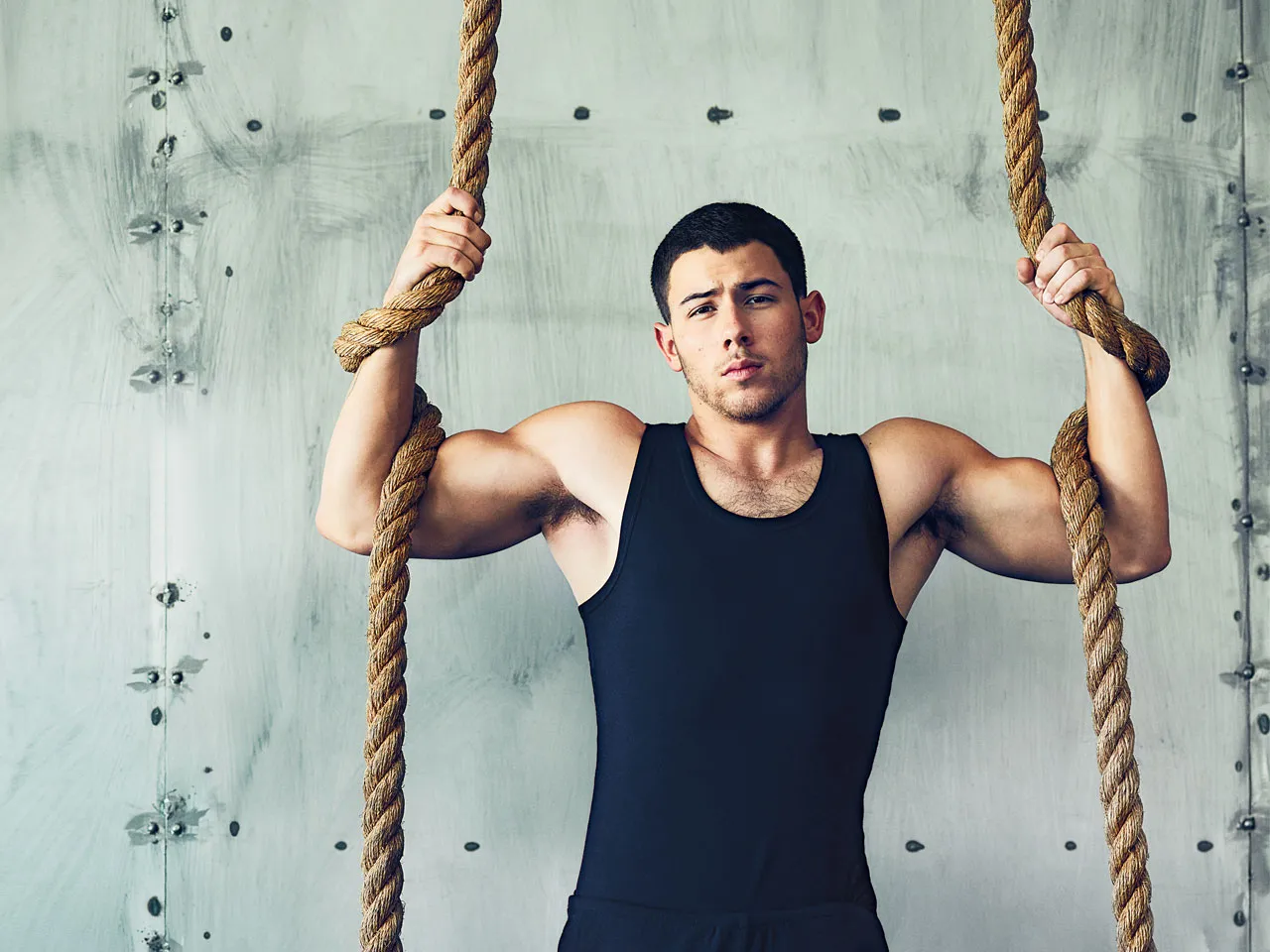
832 Views
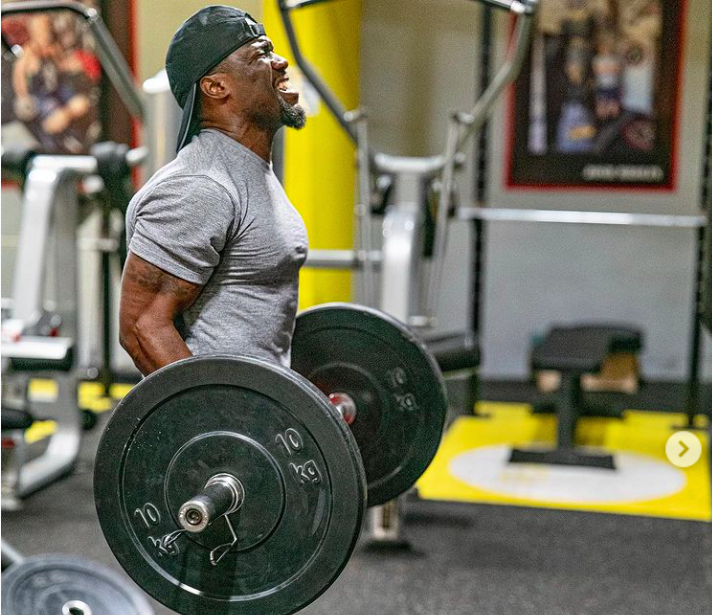
1813 Views
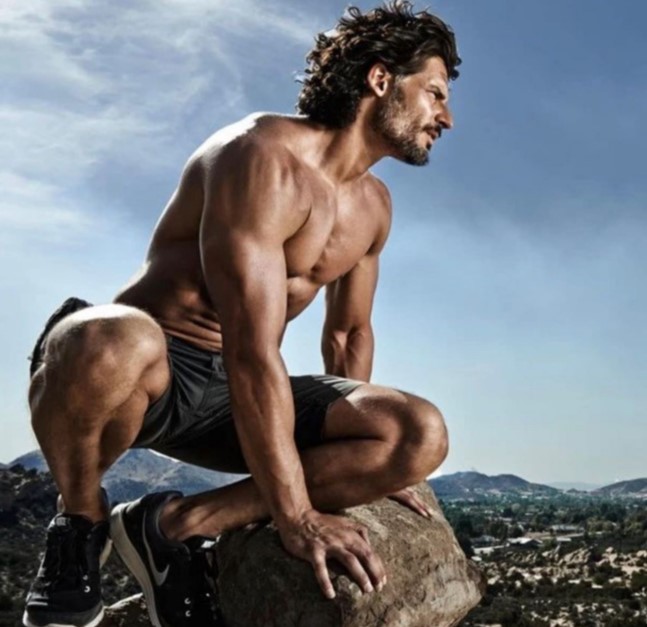
2259 Views
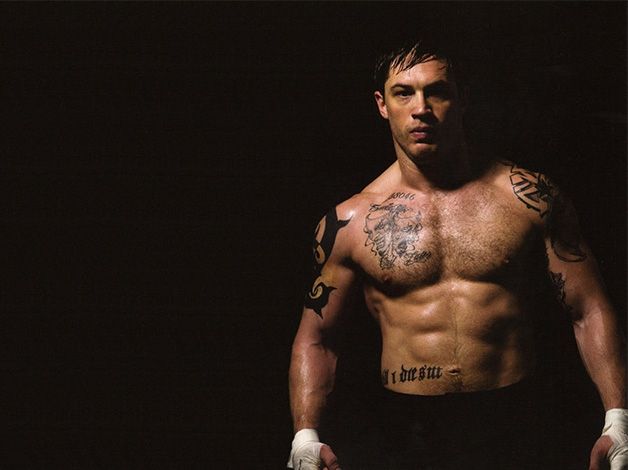
7104 Views
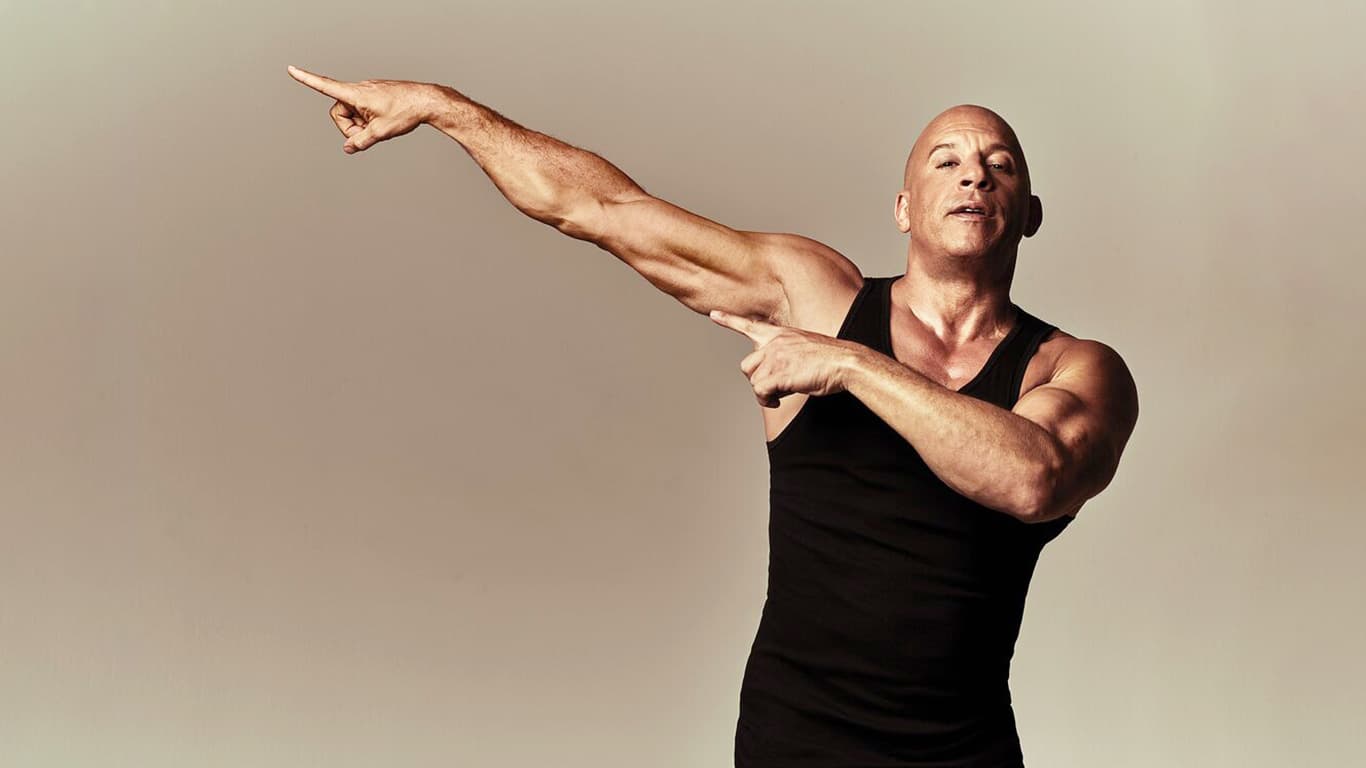
3271 Views
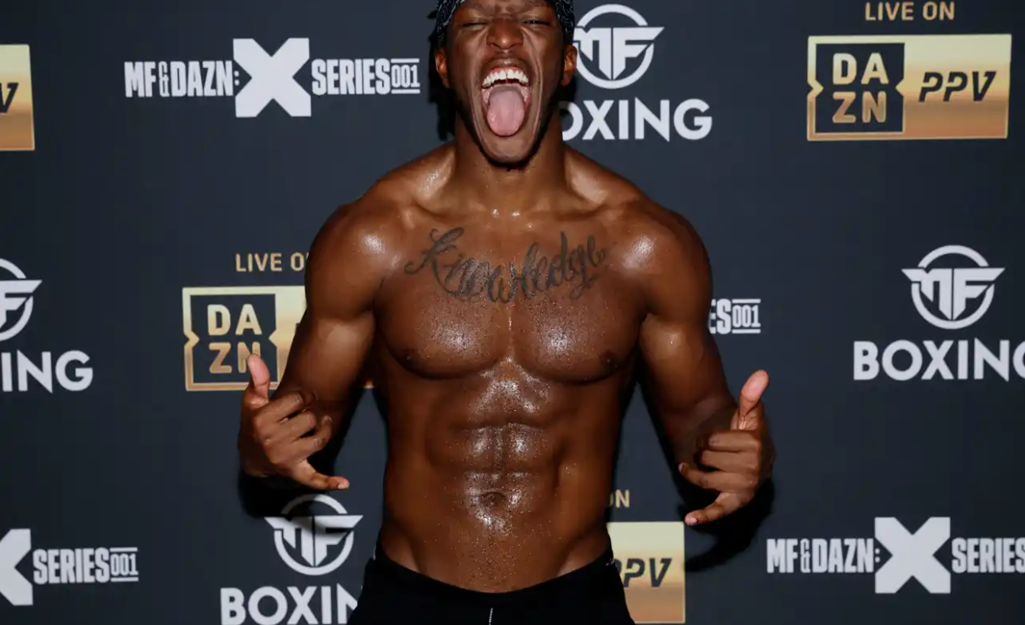
3684 Views
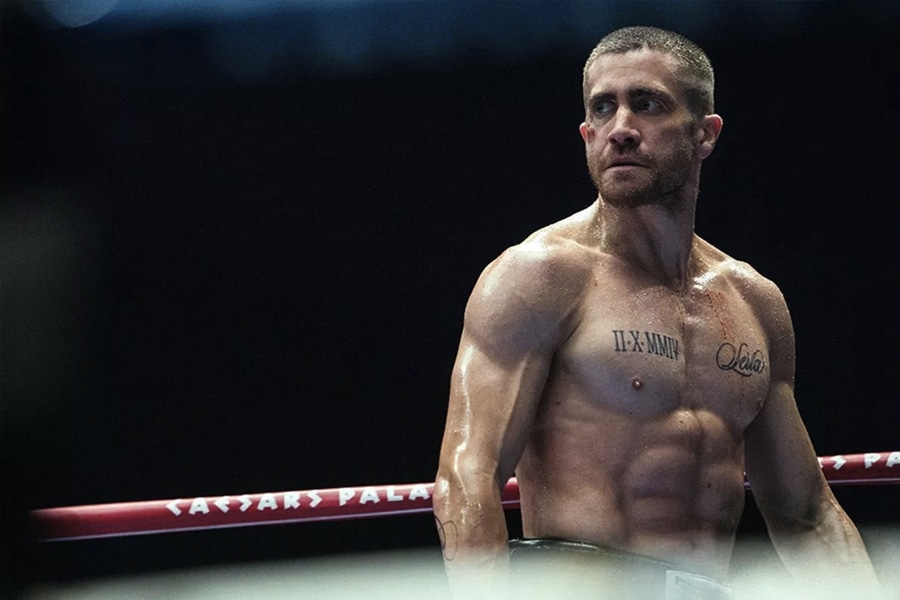
4070 Views
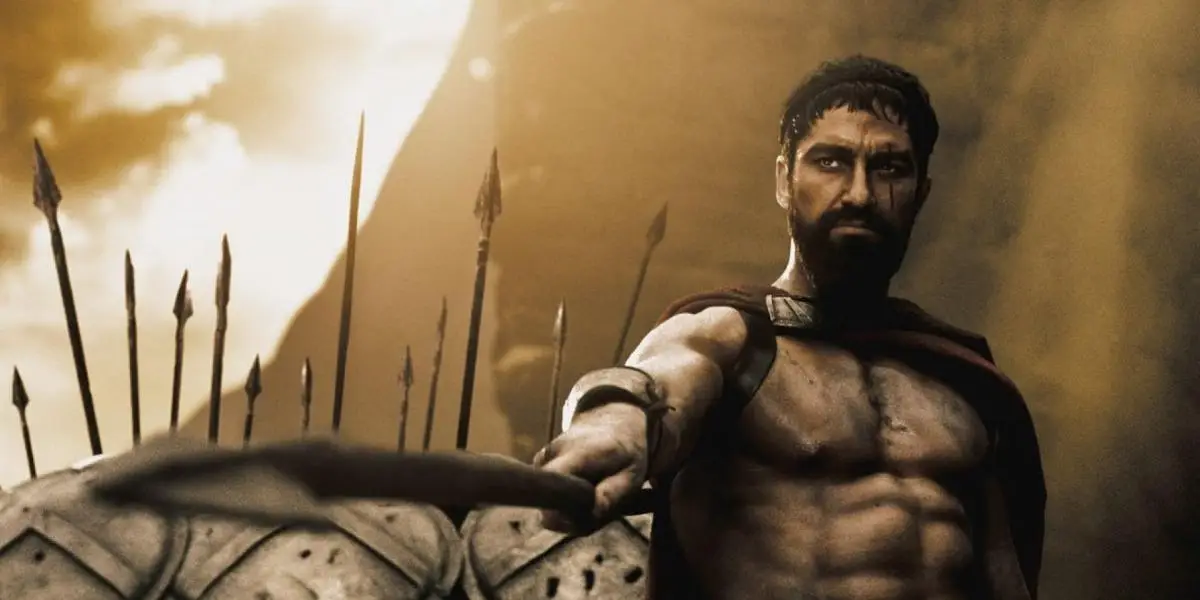
4968 Views
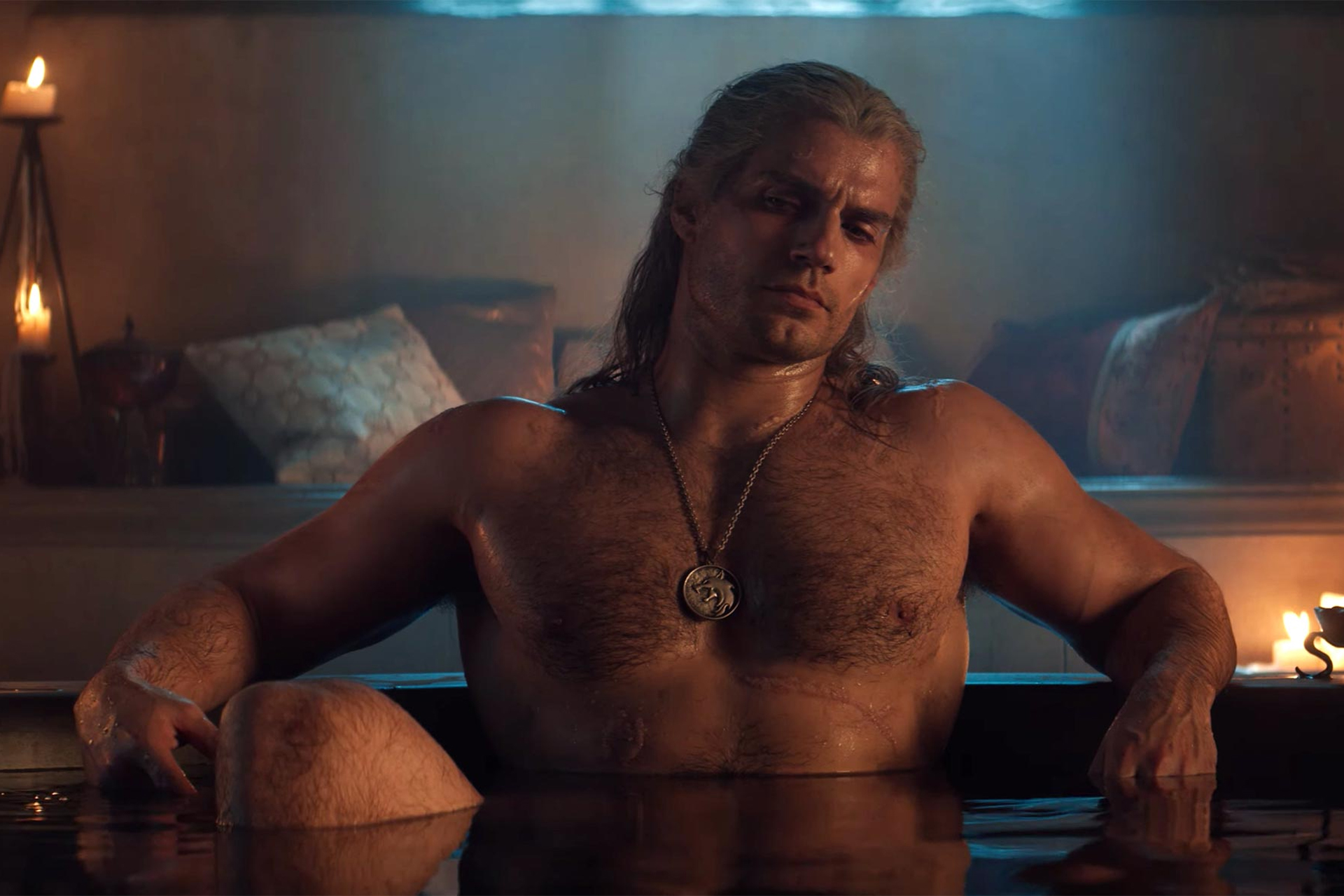
11907 Views
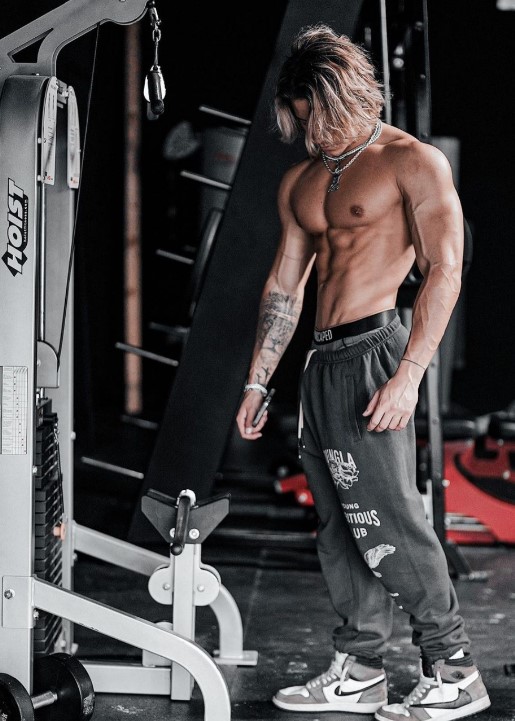
7639 Views
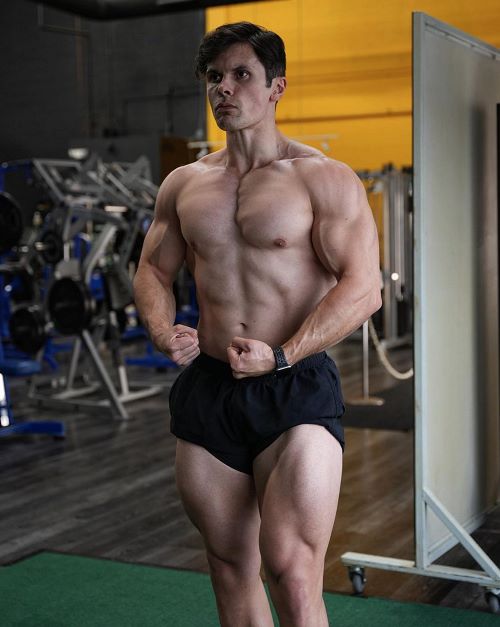
6997 Views
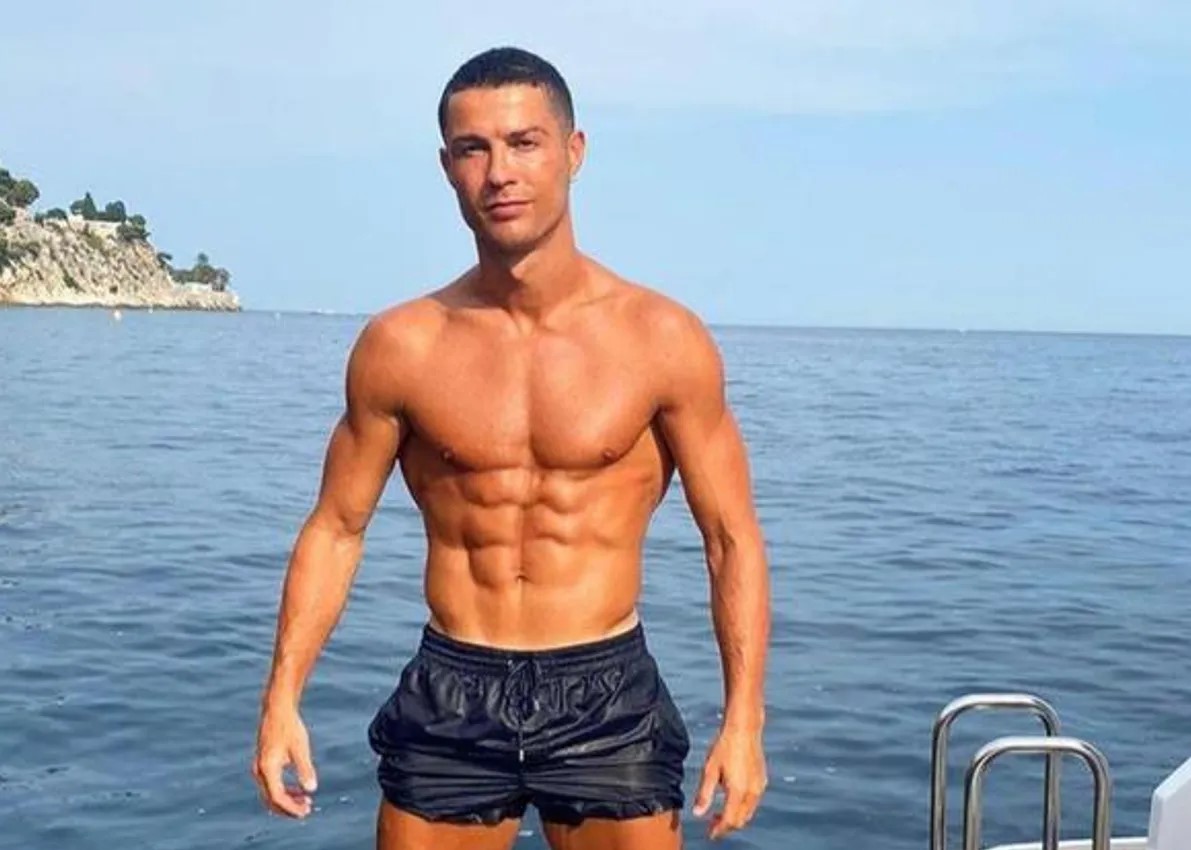
15153 Views

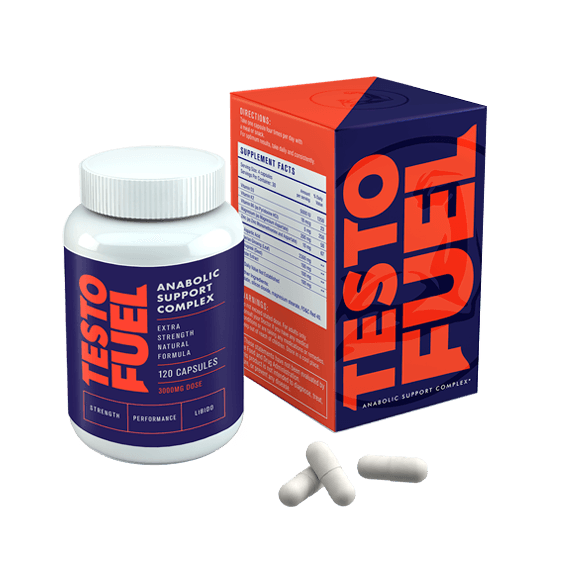


View Comments
Excellent article. Nasser all I can say is G.O..A.T.